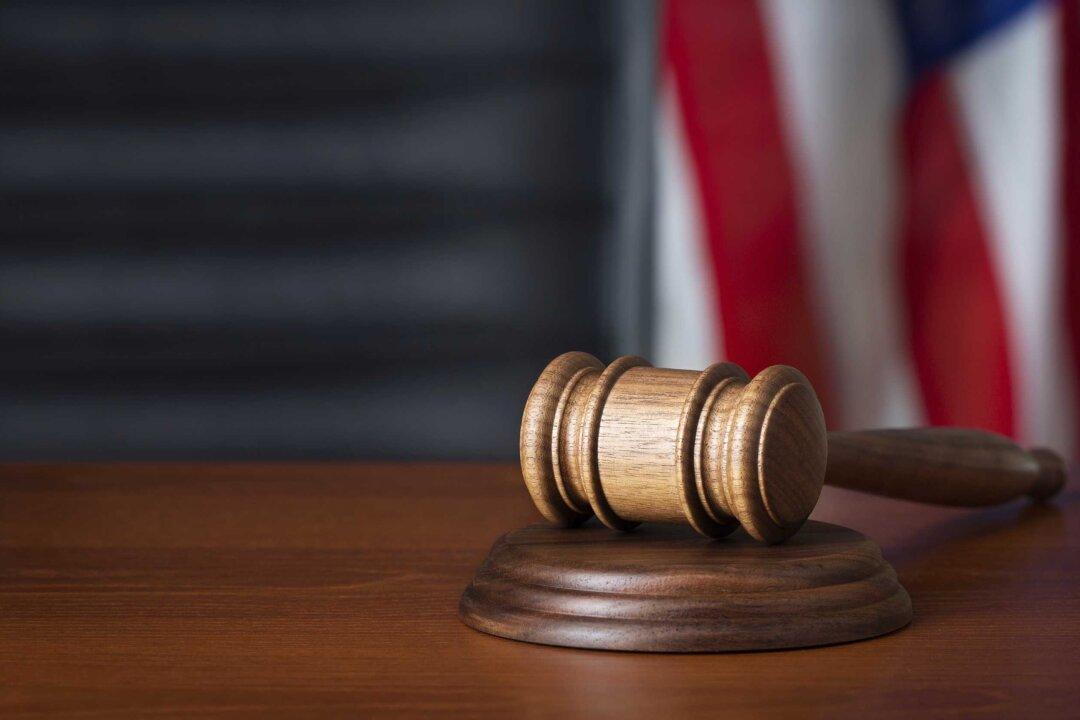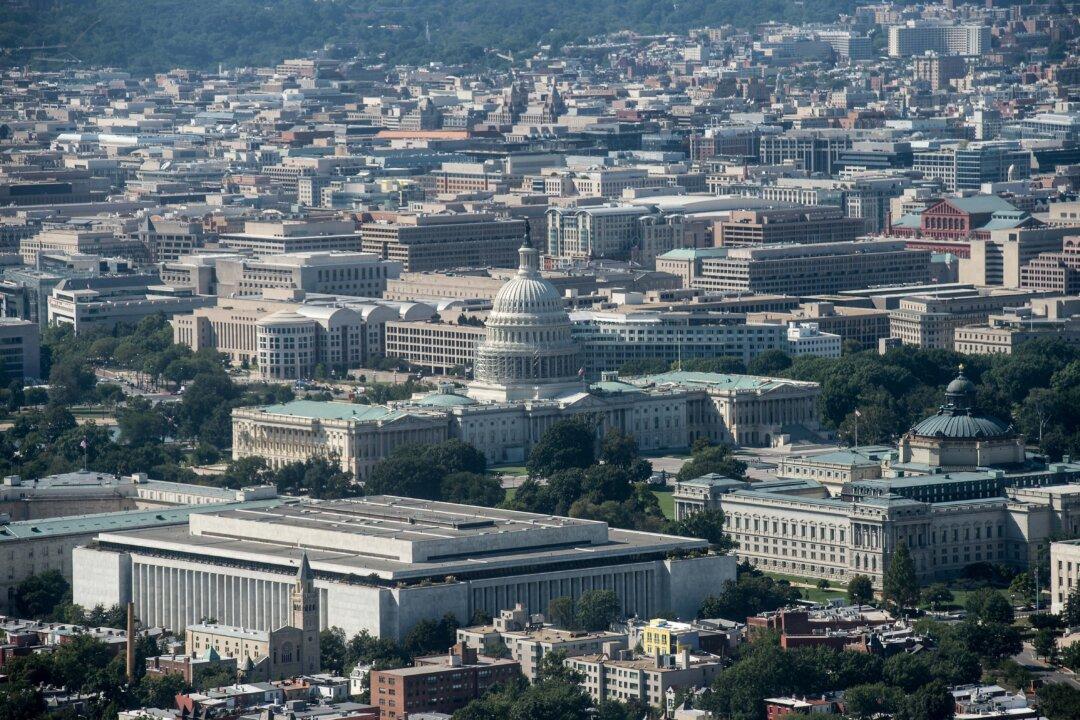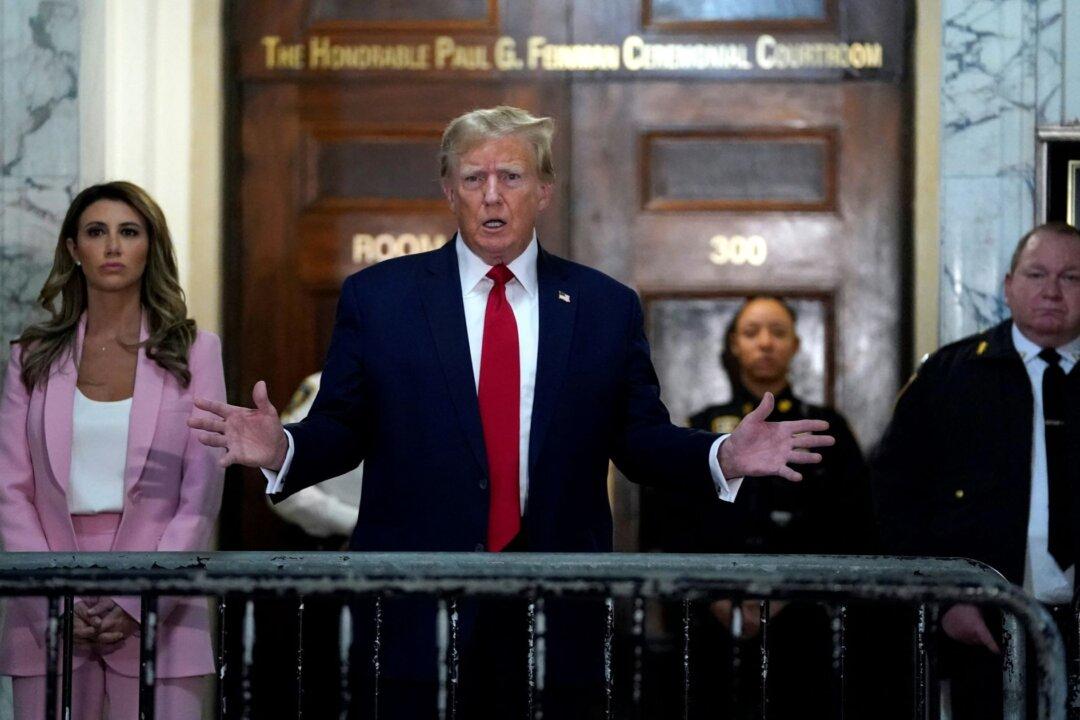News Analysis
Washington glitterati assembled at the John F. Kennedy Center for the Performing Arts in October to celebrate federal employees making a difference in government. Hosted by CNN anchor Kate Bolduan, the black-tie affair featured in-person appearances by top Biden White House officials including Chief of Staff Jeffrey Zients, Deputy Attorney General Lisa Monaco, and Secretary of Agriculture Thomas Vilsack.






